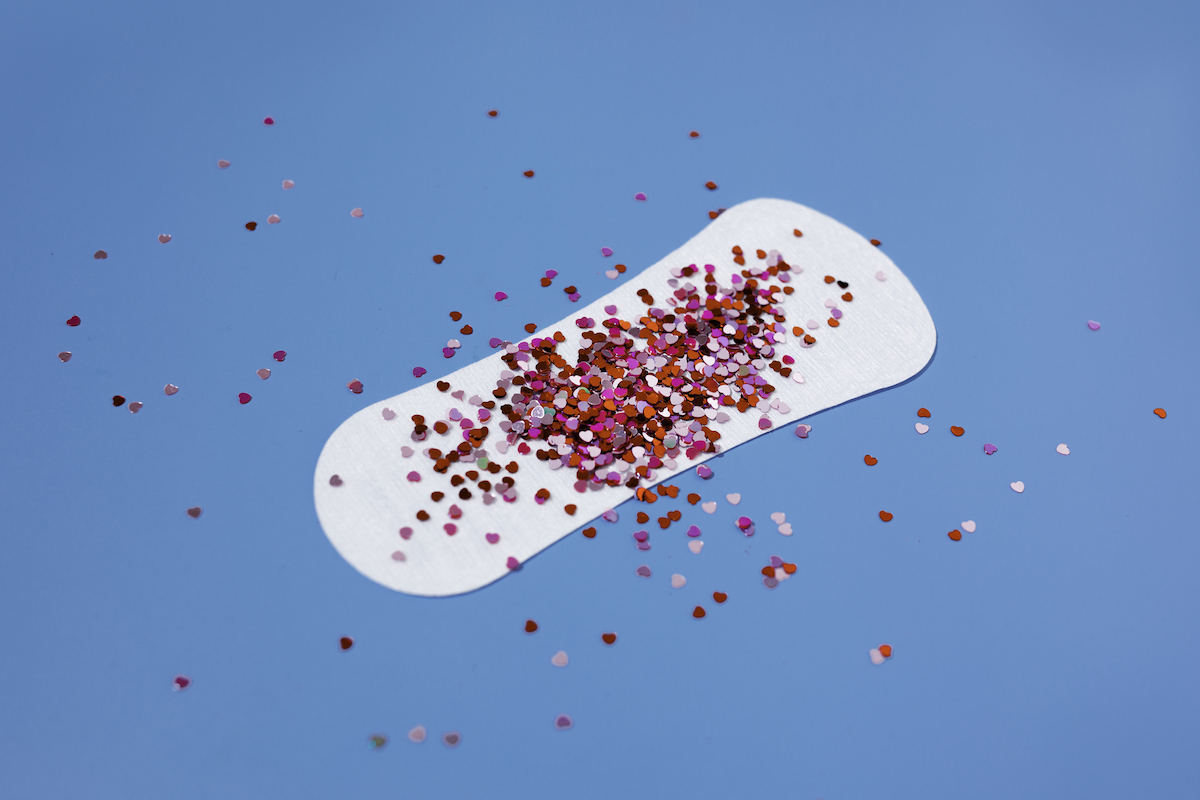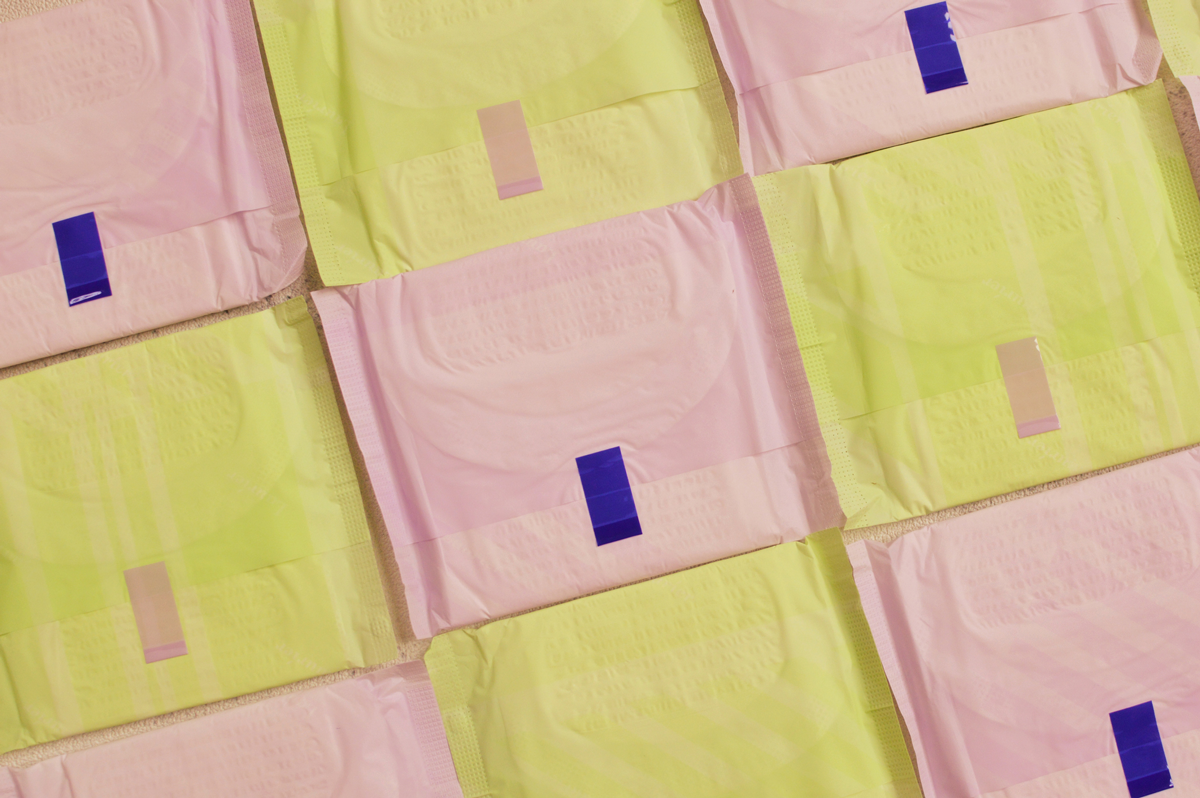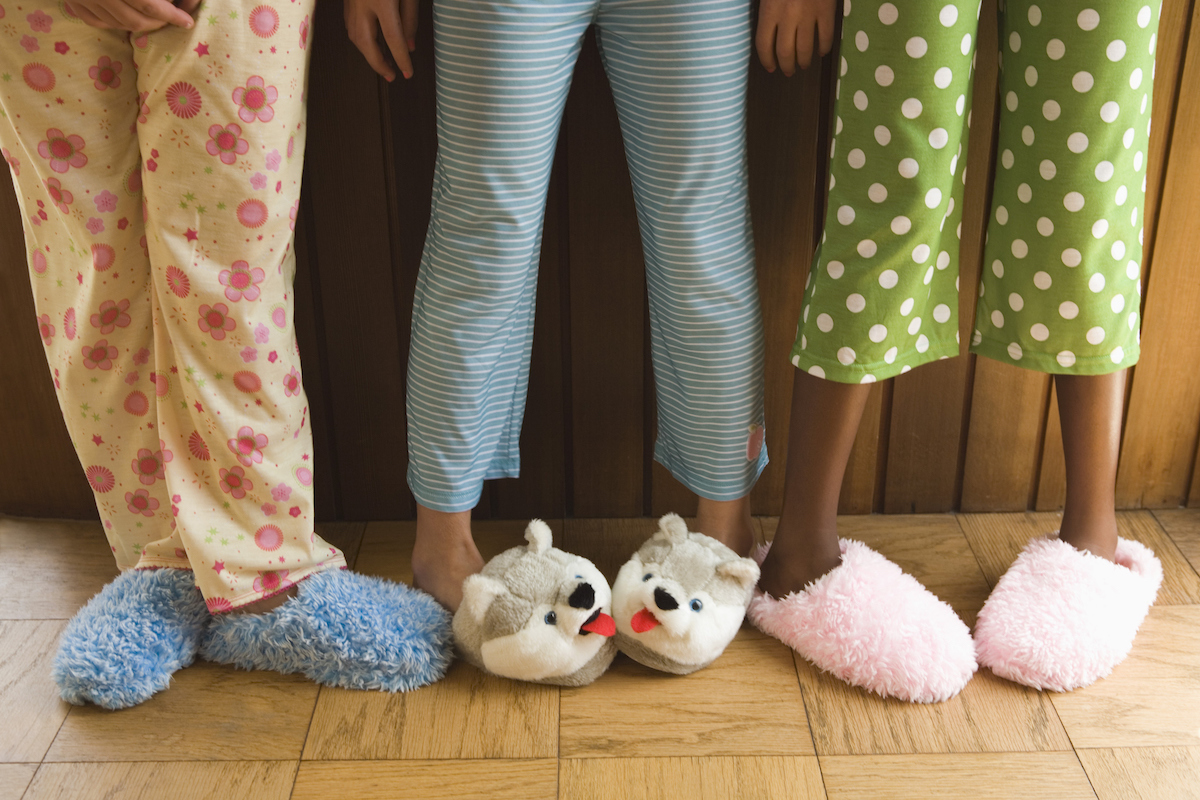Should I worry about the COVID vaccine affecting my cycle? I’ve heard it can change the length of my periods. This seems worrisome and like it might impact fertility.
– Rachel
Years ago now, when COVID vaccines were first rolling out, there was a lot of noise about the question of whether the vaccines, or COVID itself, impacted menstrual cycles. Women reported longer cycles after illness and after vaccination. Concerns were raised in some circles that these disruptions might mean disruptions for fertility.
In general, illness or other immune challenges can lengthen menstrual cycles. Your body wants to ovulate when you’ve got the best chance of pregnancy. For a number of reasons, this is not when you’re sick. So illness can delay ovulation, lengthening cycles. The question is: does this happen with COVID, and by how much?
To answer this, researchers writing in the last issue of Obstetrics & Gynecology used data from a period tracker app from women who responded to a survey about COVID-19 symptoms and COVID-19 vaccination. The use of data from an app is notable here because it allows the researchers to get a relatively large sample with relatively precise tracking data; both of these features are important if you want to detect small impacts on cycle length.
The authors have data on 6,514 app users between the ages of 16 and 45 in 110 countries, covering 32,570 cycles. They have people whose cycles overlap with COVID-19 illness (1,450 of them), COVID-19 vaccination (4,643 of them), and controls (421). The authors find that cycles affected by COVID-19 were an average of 1.45 days longer. Cycles that overlapped with COVID-19 vaccination were an average of 1.14 days longer.
These increases lasted for a single cycle only in both cohorts.
Conclusion: Both COVID-19 vaccination and infection lengthened cycles, but only by a day or so and only for one month. There is no reason to think there would be any fertility impacts as a result.
Community Guidelines















Log in
One important distinction “There is no reason to think there would be any (permanent) fertility impacts as a result.” I found this article linked from the recent post on IVF and COVID. With IVF, a difference of a day or two shift can have a significant impact on implantation protocol and success.
For many couples without fertility challenges, they may never notice this, but getting COVID or a COVID vaccine before an IVF transfer could have significant impact.